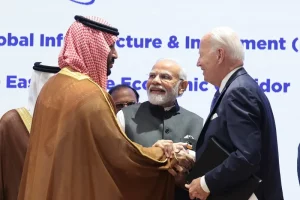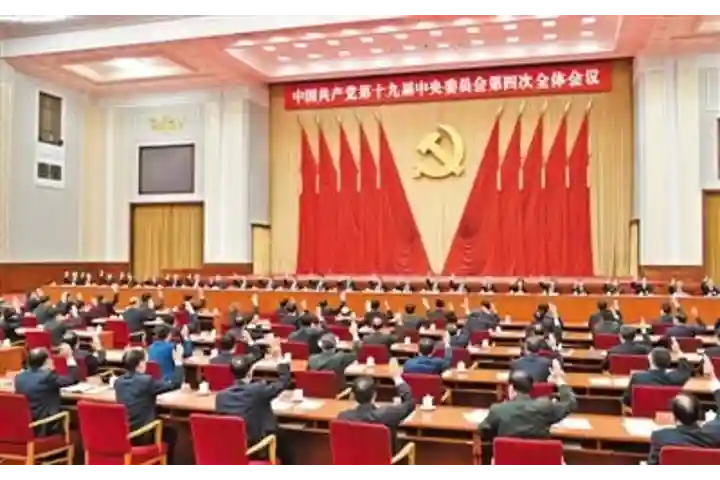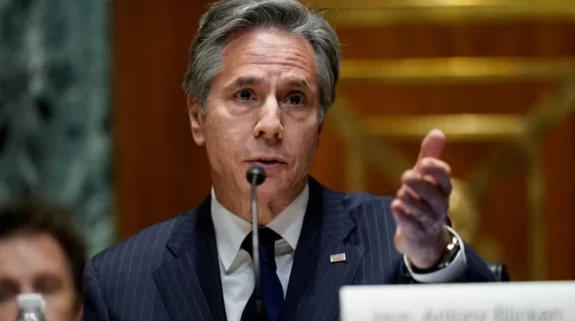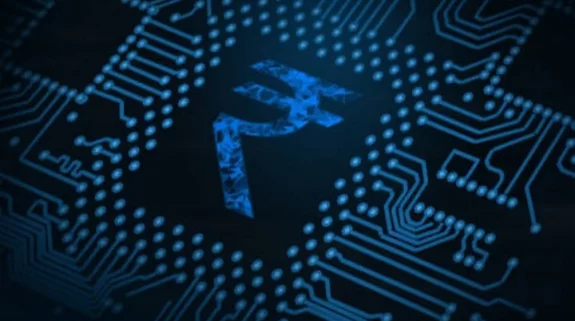Ever since Giorgia Meloni took over as the new Italian Prime Minister, the rumblings against China’s Belt and Road Initiative (BRI) have only grown louder. Now the rumblings have grown so loud that they are about to impact not just Italy’s but even Europe’s relations with China.
Italian Defence Minister Guido Crosetto told Italian newspaper Corriere della Sera that, “the decision to join the [New] Silk Road was an improvised and atrocious act”. Crosetto is critical of the BRI because Italy’s exports to China have shown only a marginal increase even as Chinese exports to Italy have gone up three times.
The comments by Crosetto have been widely reported.
Italy was the only Western nation to have signed on to China’s gigantic BRI that links up continents with roads, railway lines and ports. The BRI has helped China export its goods across the world but not all countries feel benefited, like Italy.
The Italian minister told the newspaper that the dilemma is how to wriggle out of the BRI without damaging relations with Beijing.
Crosetto articulated what Prime Minister Meloni has been saying for a while. She has been working on strengthening trade relations with Taiwan, which has reciprocated by opening up a second representative office in Milan, Italy, to boost trade and investment. On its part, Italy wants Taiwan to set up semiconductor manufacturing facilities in Italy.
Chinese President Xi Jinping had traveled to Italy in 2019 to sign the BRI agreement with the then Prime Minister Giuseppe Conte. The Italian decision to join the BRI took the Western world by surprise, which had shunned the initiative in a manner similar to India.
A decision by Rome to break away from the BRI would impact China adversely in Europe.
Germany has been re-looking at its promise of giving a 24.9 per cent stake in its Tollerort terminal at the Hamburg port to Chinese State firm Cosco. In April this year Germany reclassified the Hamburg port as critical infrastructure and decided to reduce the stake for the Chinese company.
Berlin has also been critical of China’s strong-arm tactics with its tiny neighbour Taiwan, whom Beijing wants to ‘unite’ with the mainland.
There is a visible discomfort among the European Union (EU) over its economic dependence on China as well as over Beijing’s foreign policies. While a consensus is emerging among EU nations about de-risking from China, not everyone is on board. European nations also got a shock after the Russian invasion of Ukraine where they had to scramble to get out of the Russian energy hug.
In June this year, Brussels finally released its first economic security proposal which seeks to reduce economic dependence on China. It focuses on making supply chains more resilient, screen outbound investment and possibly filter out Chinese companies from European 5G networks.



















